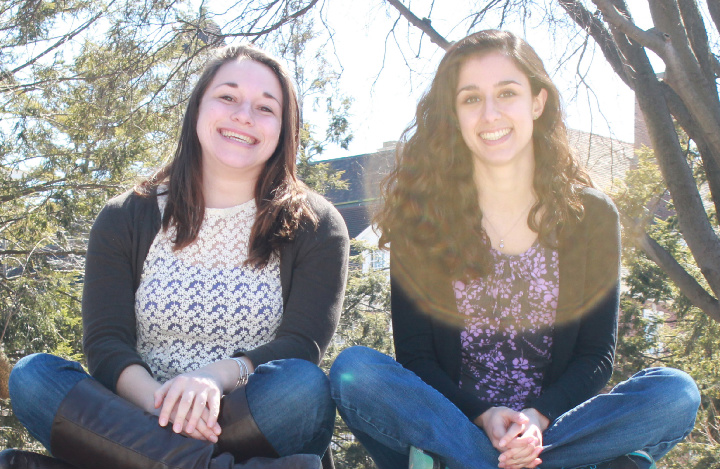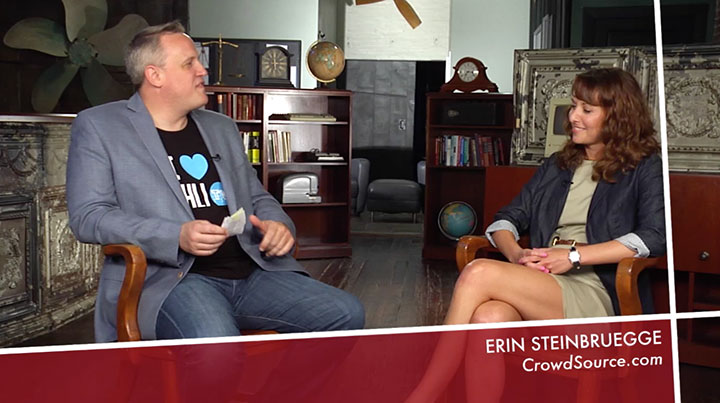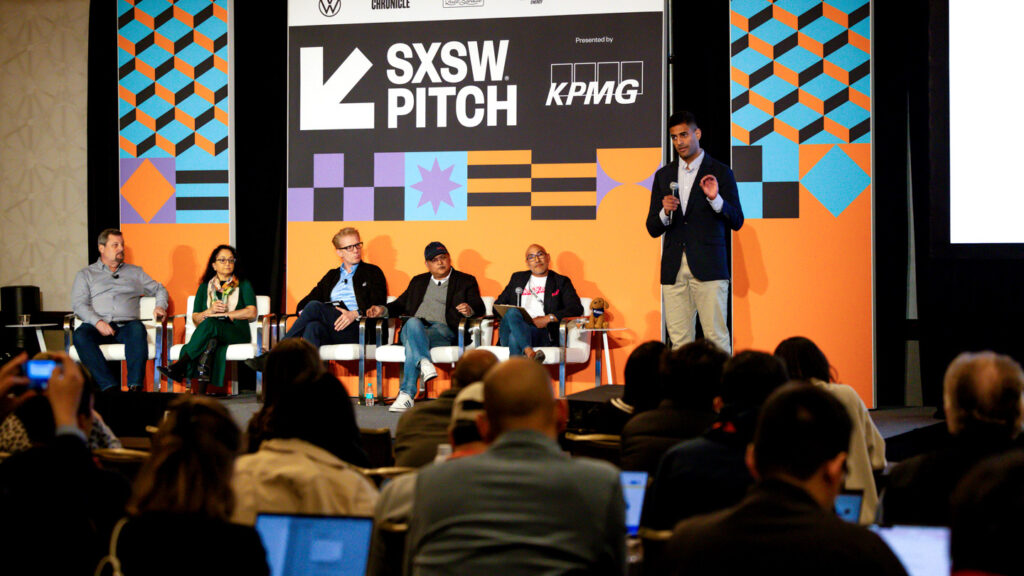 When you were little girl (or boy) what did you want to be when you grew up? An astronaut? A ballerina? The purple Power Ranger? The women out there know that many times, our career options seemed to differ from those of men. Why? We’re equally talented and a startup out of the University of Illinois Urbana-Champaign is launching a toy company to prove it. Supriya Hobbs, engineering alumna and Janna Eaves, current engineering student, created their start-up toy company, Miss Possible, with the hope of empowering girls to dream big. Just two months after Hobbs’ graduation, they are launching their company through a crowdfunding campaign on Indiegogo.
When you were little girl (or boy) what did you want to be when you grew up? An astronaut? A ballerina? The purple Power Ranger? The women out there know that many times, our career options seemed to differ from those of men. Why? We’re equally talented and a startup out of the University of Illinois Urbana-Champaign is launching a toy company to prove it. Supriya Hobbs, engineering alumna and Janna Eaves, current engineering student, created their start-up toy company, Miss Possible, with the hope of empowering girls to dream big. Just two months after Hobbs’ graduation, they are launching their company through a crowdfunding campaign on Indiegogo.  It’s no surprise that there’s a deficiency of women in engineering and other technology related fields. The duo picked up on this in seeing the lack of women in their own classes and decided to do something about it. Eaves explains that Miss Possible is not just seeking to draw more girls to engineering, “we just want girls to have more opportunities. We want them to see all of the options that are out there for them.” The company is creating a series of dolls that portray real historical women as children. In addition to the dolls, buyers will be able to download an app with content for each doll – her story along with hands-on activities and on-screen games related to her work. “The fact is, a lot of girls want to change the world, and there are LOTS of ways to do it,” stated Hobbs. “At Miss Possible, we want to help them get there by giving them strong role models and valuable experiences through play!” Their first doll is Marie Curie, Nobel-Prize-winning chemist and physicist, who guides kids through hands-on chemistry and physics activities they can do with materials at home.
It’s no surprise that there’s a deficiency of women in engineering and other technology related fields. The duo picked up on this in seeing the lack of women in their own classes and decided to do something about it. Eaves explains that Miss Possible is not just seeking to draw more girls to engineering, “we just want girls to have more opportunities. We want them to see all of the options that are out there for them.” The company is creating a series of dolls that portray real historical women as children. In addition to the dolls, buyers will be able to download an app with content for each doll – her story along with hands-on activities and on-screen games related to her work. “The fact is, a lot of girls want to change the world, and there are LOTS of ways to do it,” stated Hobbs. “At Miss Possible, we want to help them get there by giving them strong role models and valuable experiences through play!” Their first doll is Marie Curie, Nobel-Prize-winning chemist and physicist, who guides kids through hands-on chemistry and physics activities they can do with materials at home.  Pre-orders of the first three dolls and an assortment of other Miss Possible gear are available on their Indiegogo campaign For those who just want to support the startup, Miss Possible is offering the opportunity to purchase a doll to be donated to a charity organization that shares toys with girls who can’t afford them. Hobbs and Eaves developed the idea for Miss Possible while living in the entrepreneurship-focused Innovation Living-Learning Community at the University. They raised initial funding from Microsoft and by winning a startup competition on campus. This early funding helped them finalize designs, and the funding from the Indiegogo campaign will allow them to start the first production run of the Marie dolls.
Pre-orders of the first three dolls and an assortment of other Miss Possible gear are available on their Indiegogo campaign For those who just want to support the startup, Miss Possible is offering the opportunity to purchase a doll to be donated to a charity organization that shares toys with girls who can’t afford them. Hobbs and Eaves developed the idea for Miss Possible while living in the entrepreneurship-focused Innovation Living-Learning Community at the University. They raised initial funding from Microsoft and by winning a startup competition on campus. This early funding helped them finalize designs, and the funding from the Indiegogo campaign will allow them to start the first production run of the Marie dolls.
Miss Possible: UI Startup Inspiring Girls to Change the World
By Techli
16 julio, 2014









